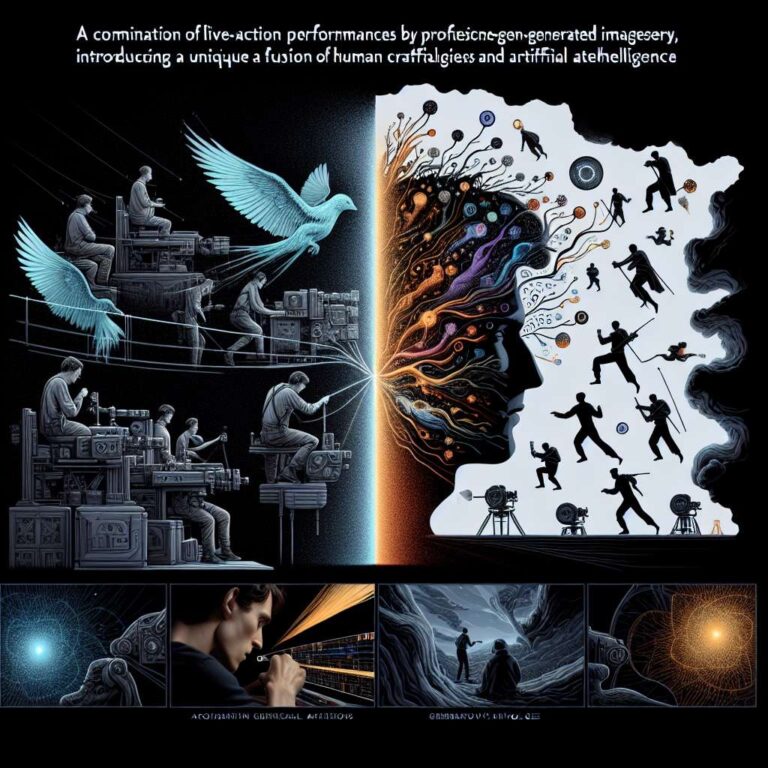Darren Aronofsky, director known for ´Black Swan´ and ´Requiem for a Dream,´ has launched an artificial intelligence-driven creative studio called Primordial Soup. The venture´s first announced partnership is with Google DeepMind, aiming to push the envelope in combining filmmaking with emerging generative artificial intelligence technologies.
The inaugural project from this collaboration is ´Ancestra,´ a short film by Eliza McNitt set to premiere at the Tribeca Film Festival on June 13. The film stands out for its blend of live-action performances from SAG-AFTRA actors and visuals created using generative artificial intelligence tools. This approach continues Aronofsky´s tradition of exploring the interplay between storytelling and technological innovation.
Following the film´s screening at Tribeca, a panel moderated by Aronofsky will feature the filmmakers and delve into the implications of artificial intelligence for the future of cinema. Aronofsky emphasized in his announcement that filmmaking has always evolved alongside technological advances—from the origins of cinema and the introduction of sound and color, to breakthroughs in visual effects. He positioned the current moment as a pivotal point for artists to explore and harness new opportunities presented by artificial intelligence, drawing a direct connection between historical film innovation and today´s generative technology.

